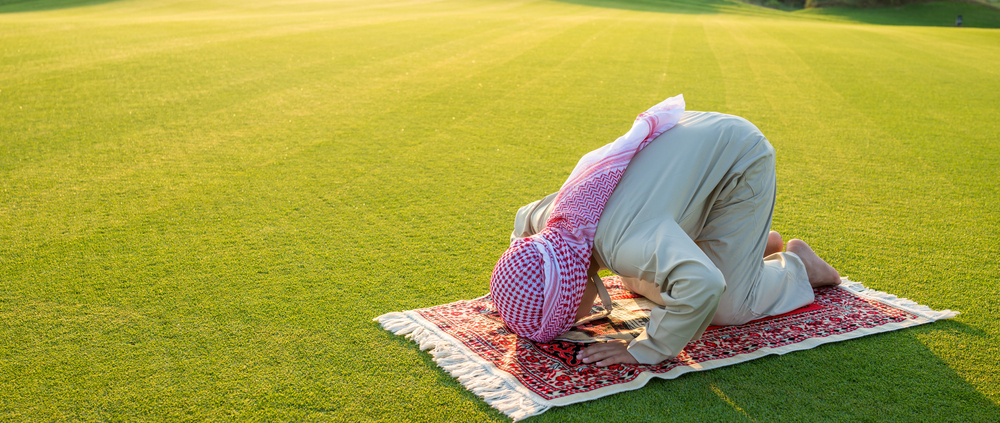What Is the Ruling on Forgetting the Actions during the Prayer?
Shafi'i Fiqh
Answered by Ustadha Shazia Ahmad
Question
I have a question about salah, I would appreciate it if you could please answer this question as soon as possible since it’s been causing a lot of frustration. I have a family member who has an issue with forgetting what he has done while he is in salah. The situation is like this: After finishing a rak’a, and after reciting Surah Fatiha of the next one, he finds he can’t remember if he did one or two prostrations from the previous rak’a. Or, upon reaching sajdah, he realizes he can’t remember if he said Surah Fatiha at the beginning of that rak’a. What should be done in this case? Also, what should happen if he doubts what happened after the salah is over?
In any case, he cannot reach a conclusion on what was likelier to have happened. A very important side note: in the side of my family which this relative is part of, there is a history of dementia and Alzheimer’s (although he has not been diagnosed as such alhamdulillah), and this family member tends to forget other things besides matters related to salah throughout the day.
Answer
I pray that Allah resolves your relative’s issue with this. If this is happening with each prayer, I would tell him that these are baseless misgivings (waswasa) and he should ignore them. Taking a course on SeekersGuidance for personally obligatory knowledge is the best weapon against waswasa. When one realizes what is asked of him and he learns how to do it correctly, doubts melt away.
If he feels that his doubts are legitimate, then he should take the following steps:
- If he can’t remember whether he prostrated after having reached the next rak’a and has read the Fatiha, (but has not yet reached the prostration of the next rak’a) he should go back to perform that missed prostration (sajda), and perform the rest of the prayer, and then perform the prostration of forgetfulness (sajda al-sahw)
- If he cannot remember if he recited the Fatiha or not, after having reached the prostration, (but not having yet reached the Fatiha of the next rak’a) then he must do the same as above. He should go back to the missed Fatiha, perform it, and the rest of the prayer as normal, and then prostrate for forgetfulness (sajda al-sahw).
- If these doubts arise after the prayer is over, ignore them. These doubts are from the devil (Shaytan), who is a master at deceiving people, even if they are well-intentioned. Also, please read the following link about baseless misgivings.
Kindly read the below-given link:
How Can I Deal With Waswasa Regarding the Prayer? (Shafi’i)
Also, if you are concerned about your relative’s mental health, do have him checked with a doctor to see if is diagnosed with Alzheimer’s. There might be more to say about his case, if so.
In addition, I have to mention the advice of one of my teachers in Amman, Jordan. He said that any doubt that arises in the prayer is due to not being careful about what one is eating and looking at. One should be sure to eat only the permissible (halal) and not consume anything doubtful. Also, the eyes and ears are windows to the soul. Anything that enters them makes a direct imprint on the heart. Advise your relative to lower his gaze and not look at what will harm him in both this world and the next.
[Ustadha] Shazia Ahmad
Checked and Approved by Shaykh Faraz Rabbani
Ustadha Shazia Ahmad lived in Damascus, Syria for two years where she studied aqida, fiqh, tajweed, tafsir, and Arabic. She then attended the University of Texas at Austin, where she completed her Masters in Arabic. Afterward, she moved to Amman, Jordan where she studied fiqh, Arabic, and other sciences. She later moved back to Mississauga, Canada, where she lives with her family.
